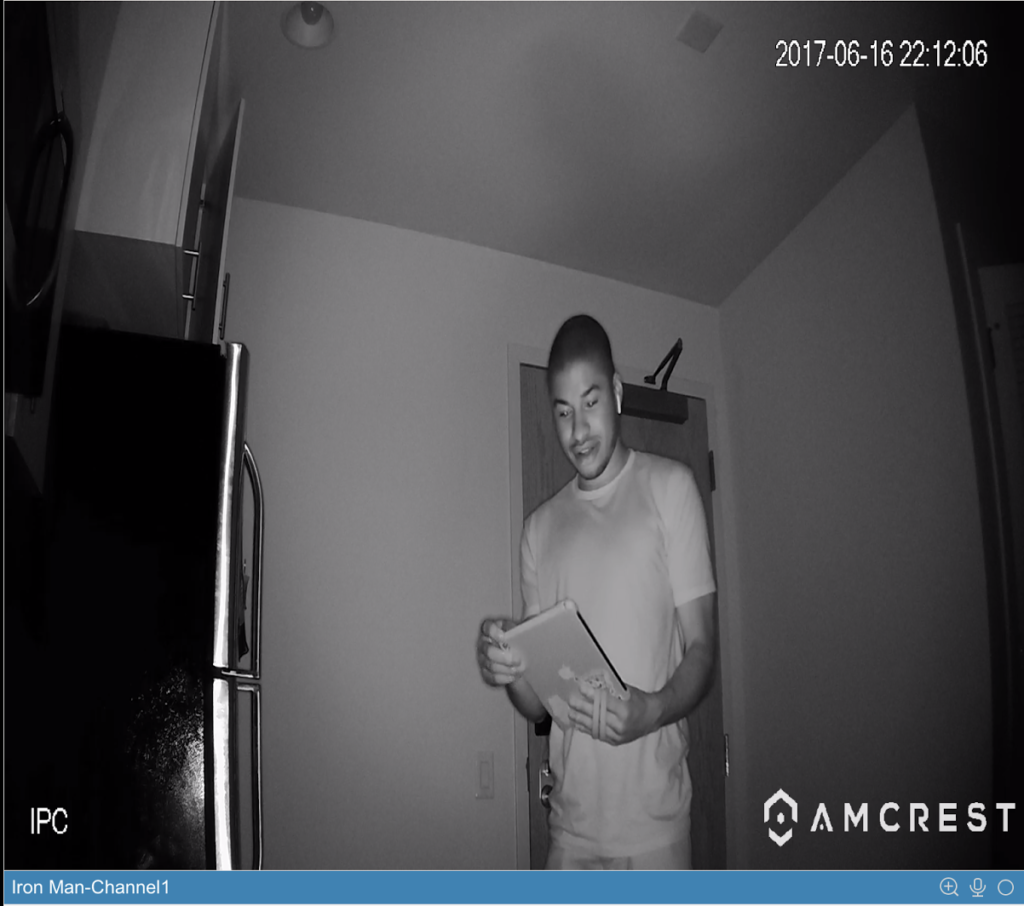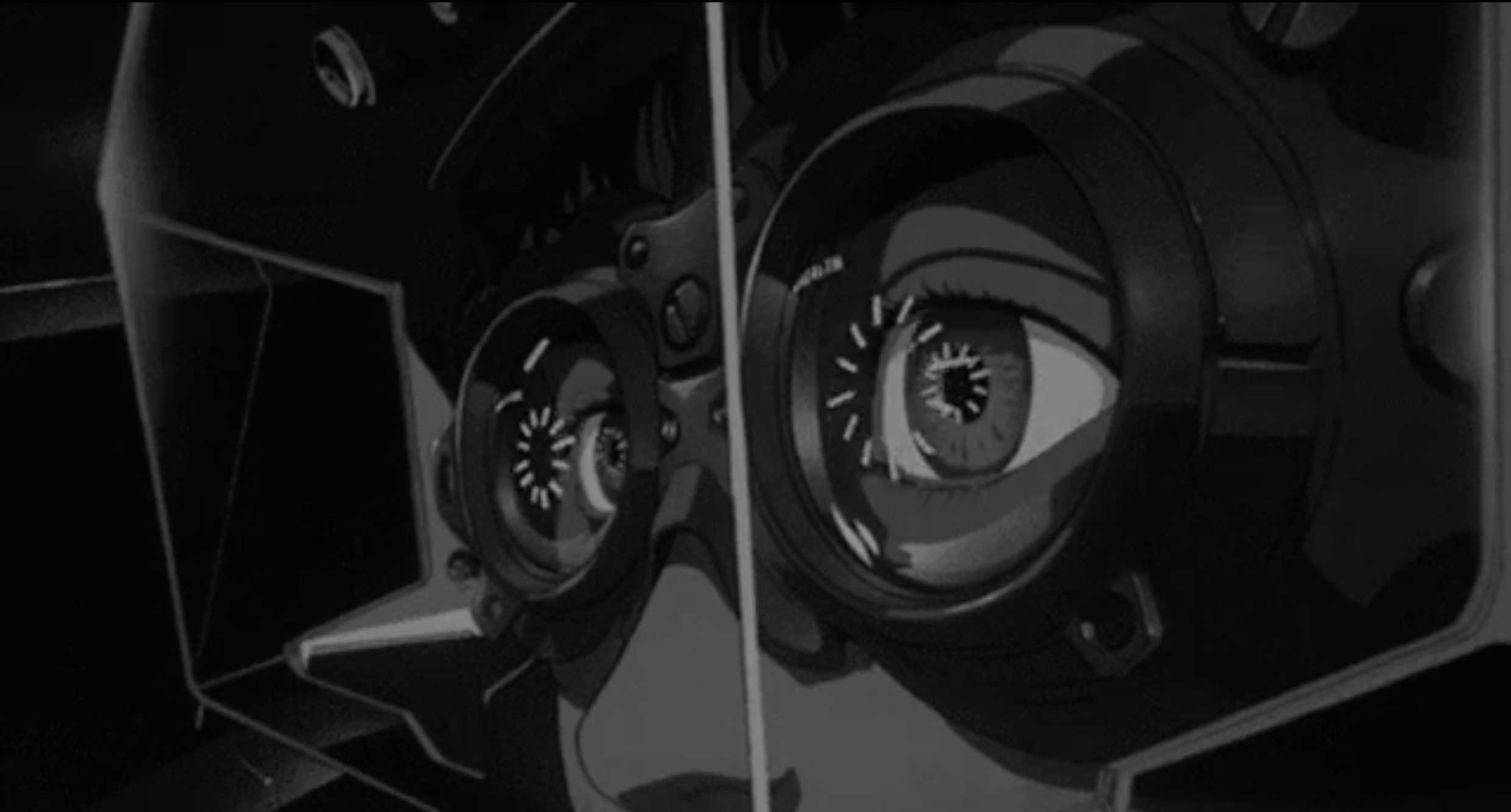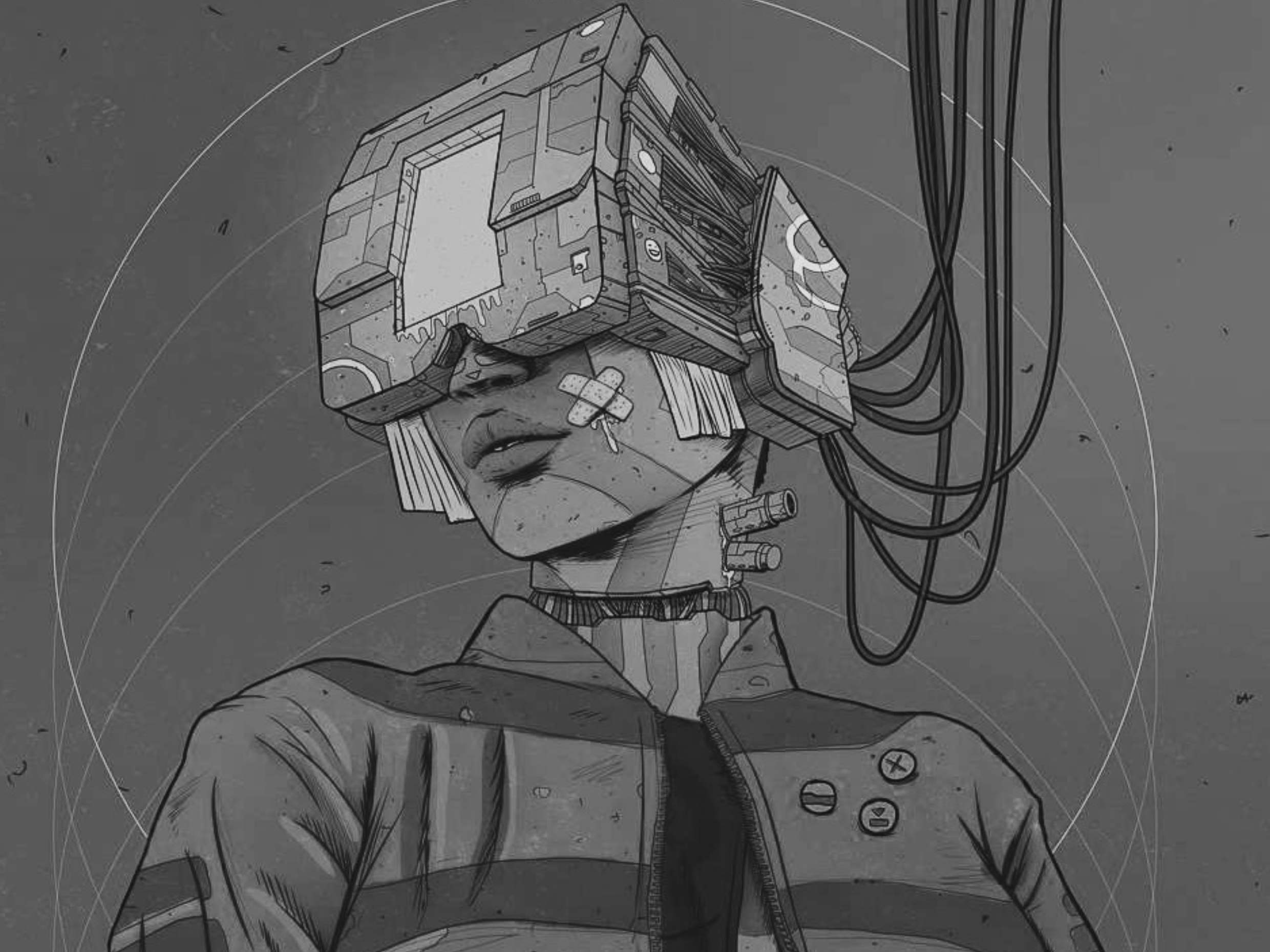Soon, there will be more surveillance cameras on the street than there are pairs of eyes! Algorithms are being put in place that turns these into smart cameras – making high-level analyses of your life.
Here’s how surveillance cameras get to that stage of life analysis.
Surveillance Cameras in the Cloud
In 2014, there were over 245 million active surveillance cameras worldwide, and that number has increased by 13.7% annually the past three years. Just this year, I watched my city install cameras on every major street corner.
Amcrest, one of the companies leading this surveillance revolution, makes it possible with affordable, robust surveillance options. Most importantly, though, they are beginning to store all of their video data in the cloud.
Once the data is in the cloud, algorithms can be applied to the video data and insights can be discovered.
“Insights” is a very broad term, between you and me, and that’s the way the U.S. Government wants to keep it.
I’d like to think that they will only use this technology to alert authorities when a crime is in progress as evidence. But in reality, they’ll use this technology to track people across a city, or even the country.
Surveillance cameras are gaining a new skill known as computer vision, where essentially, cameras have “brains” that can determine insights from video…just like a human, except at massive scale.
With computer vision, surveillance cameras become smart cameras and will take on a whole new role our lives.
Smart Cameras At Home
While most of us don’t have cameras surrounding our house, consumer products are making the transition naturally. Products such as the Echo Look, Smart TVs, and even refrigerators come equipped with camera sensors.
Eventually, all these household cameras work in unison – creating a real-time, 3D map of the living space.

This surveillance system understands my daily schedule. When I don’t walk past my camera in the kitchen by 7:00 am, it knows I overslept and signals my alarm.
It will watch all my visitors. Whenever my mom is over, the surveillance cameras notice she constantly looks at the digital art frame on my wall. Well, I guess I found a good Christmas gift for her.
Lastly, the system recognizes inefficiencies in my living room layout and makes suggestions on how to rearrange my couch for better Feng Shui within my apartment.
These scenarios all seem futuristic and impossible, but they aren’t too far away.
Honestly, I understand the apprehension you would have with putting video cameras all around your house to analyze your life. Personally, I installed a few and was a little creeped out myself.
That’s why the main application of these smart cameras is in the commercial space.
In-store Video Analytics
Just this past year, JCPenney and Macy’s collectively closed hundreds of stores, while Sears has “substantial doubt” they can survive.
Brick-and-mortar stores need to optimize their in-store experiences. The best way to do so is with smart cameras.
Imagine if Wal-Mart had smart cameras that documented every item you stopped to look at, how long you looked at it, and whether you chose to buy it or not. Matching this with some basic facial recognition software would allow them to store individual customer data.
So, now Wal-Mart knows I need a pair of swim trunks but didn’t find the color I liked. They also know that I intended to go straight to the electronics (based on my walking path), but got stuck in the candy aisle…briefly.
Physical shopping data is valuable because it makes owners question a better store layout.
Most stores have analog cameras for security. But the future of surveillance cameras lies in using them to learn consumer behavior.
Of course, all this talk about surveillance brings up the issue of privacy, since no one wants a camera analyzing their every move without giving consent. Unfortunately, most advertisers and corporate behemoths operate under “rather ask for forgiveness than permission”.
Although we may never avoid the omnipresent camera, we can control how to behave with a camera in our hands.
Stop comparing pictures
So much of our lives is spent looking at others, pointing the camera elsewhere to compare with ourselves. However, when taking that selfie and we don’t like what we see, it’s not because of what’s in the picture. It’s because of what’s not in the picture.
The comparison with someone “better” is what gets us down.
And I’m not just talking about external appearances. This goes for all forms of comparison.
Every time we make a comparison it’s like playing Russian Roulette with our emotions – never knowing how we’ll perceive the comparison.
Eliminate the urge to compare. It sounds silly, but I promise that you’ll find more time to focus on your own improvement.
If you enjoyed this week’s Quick Theories, I’d greatly appreciate if you shared it on social media!



Wow, interesting, especially for country like USA where civil liberty and freedom is value. Having cameras everywhere in your house is similar to living in prison with camera monitoring your every move. Interesting in that everyone is against having a national registry to record individual information but yet you are willing to have camera everywhere in your house to be monitor and track.
We are slowly moving into a society where government and individual can track and record everything you’ve said and do. Sooner or later, there will be loud speaker in every corner to warn you if you misbehave like littering, smoking etc.
Question: Why are we willing to give up our freedom for some small convenience of automation ? Do we want to just sit there and let computer to do all our stuff for us ?
All these small thing we do like walking to fridge, walking to supermarket etc give us some exercise. Without exercise, we will be weak and prone to sickness. Yes, you can argue that medical advances will reduce such sickness but it can’t totally remove them. You might have the best medical but does it really improve quality of life ? Ask the diabetes patient whether their daily dialysis actually improve their quality of life ?
I remember watching the Carton movie “Walle” where all human being become fat in space after years of living with automation. Do we want to be like that ?